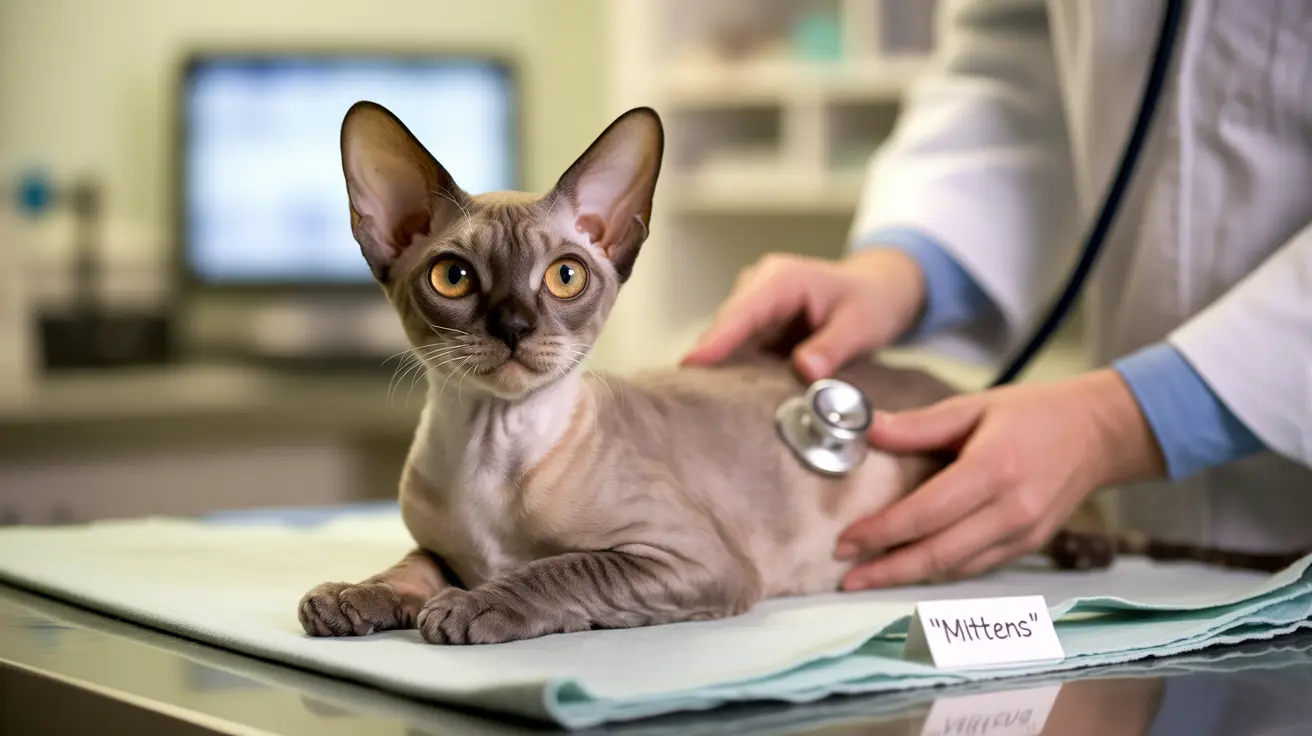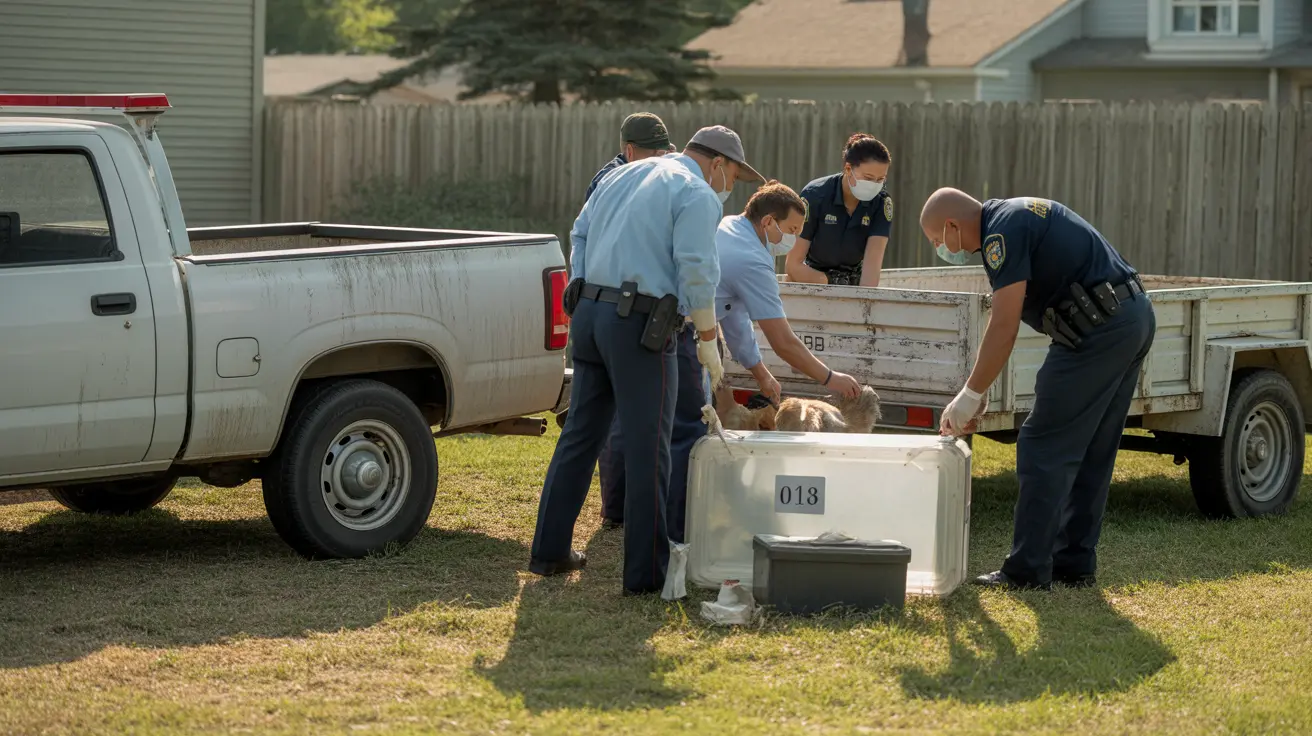The Devon Rex, known for its distinctive elfin appearance and playful personality, is a beloved cat breed that requires special attention to health maintenance. While these unique felines can live long, healthy lives, they are prone to certain health issues that every owner and potential adopter should understand.
In this comprehensive guide, we'll explore the most significant health concerns affecting Devon Rex cats, from inherited conditions to common ailments, and provide expert insights on prevention and management strategies.
Understanding Inherited Health Conditions
Hypertrophic Cardiomyopathy (HCM)
HCM stands as the most prevalent heart condition in Devon Rex cats. This inherited disease causes thickening of the heart muscle walls, potentially leading to serious complications. Early signs include:
- Labored breathing
- Unusual lethargy
- Sudden collapse
- Rapid breathing when at rest
Regular cardiac screenings through echocardiograms are essential for early detection and management of HCM.
Devon Rex Myopathy
This breed-specific muscle disorder typically appears in kittens between 3 and 23 weeks of age. The condition affects muscle strength and control, particularly in the head and neck. Signs include:
- Difficulty holding up the head
- Unusual head bobbing
- Muscle weakness
- Difficulty eating or drinking
Skin and Coat Concerns
The Devon Rex's unique coat structure makes them susceptible to several skin-related issues. Their fine, wavy fur requires special care to prevent:
- Seborrhea
- Excessive oiliness
- Dry, flaky skin
- Secondary skin infections
Managing Ear and Eye Health
The breed's large ears and prominent eyes need particular attention. Devon Rexes commonly experience:
- Excessive ear wax buildup
- Increased risk of ear infections
- Tear staining
- Eye discharge
Musculoskeletal Issues
Devon Rex cats can develop several orthopedic conditions that affect their mobility and quality of life:
Patellar Luxation
This condition occurs when the kneecap slips out of its normal position, causing:
- Intermittent lameness
- Reluctance to jump
- Abnormal gait
- Pain during movement
Hip Dysplasia
While less common, hip dysplasia can affect Devon Rex cats, leading to:
- Difficulty climbing stairs
- Reduced activity levels
- Visible discomfort when moving
- Changes in litter box habits
Preventive Care and Management
Maintaining optimal health in Devon Rex cats requires a proactive approach:
- Regular veterinary check-ups
- Genetic testing when available
- Proper nutrition and weight management
- Appropriate grooming routines
- Early intervention when problems arise
Frequently Asked Questions
What are the most common inherited health issues affecting Devon Rex cats?
The most common inherited health issues in Devon Rex cats include hypertrophic cardiomyopathy (HCM), Devon Rex myopathy, patellar luxation, and various skin conditions. Regular veterinary screening can help detect these conditions early.
How can I recognize and manage hypertrophic cardiomyopathy (HCM) in my Devon Rex?
Watch for signs like labored breathing, lethargy, and rapid breathing at rest. Regular cardiac screenings are essential. If diagnosed, your veterinarian will develop a management plan that may include medications and lifestyle modifications.
What genetic screenings should I seek when buying a Devon Rex to prevent serious health problems?
Request screening results for HCM, myopathy, and blood type testing. Responsible breeders should provide documentation of health testing for both parent cats.
How do skin and coat conditions like seborrhea affect Devon Rex cats, and what care do they need?
Devon Rex cats may develop seborrhea, resulting in either oily or dry, flaky skin. Regular gentle grooming, appropriate bathing schedules, and specialized skin care products can help manage these conditions.
What signs indicate respiratory or digestive problems in Devon Rex cats, and how should owners respond?
Watch for coughing, wheezing, gagging, or changes in eating habits. Any respiratory distress requires immediate veterinary attention, while digestive issues may need dietary adjustments and medical evaluation.
Understanding these health issues helps ensure proper care and early intervention for Devon Rex cats. While these conditions may seem concerning, many Devon Rex cats live long, healthy lives with appropriate preventive care and regular veterinary attention.






